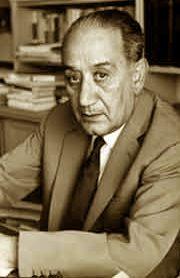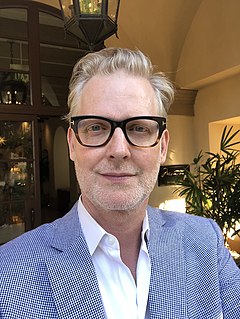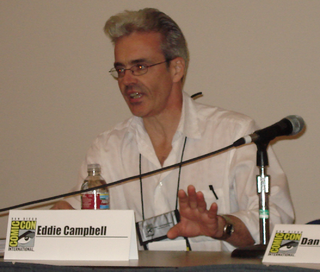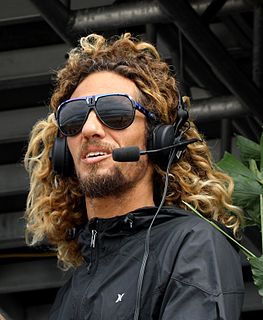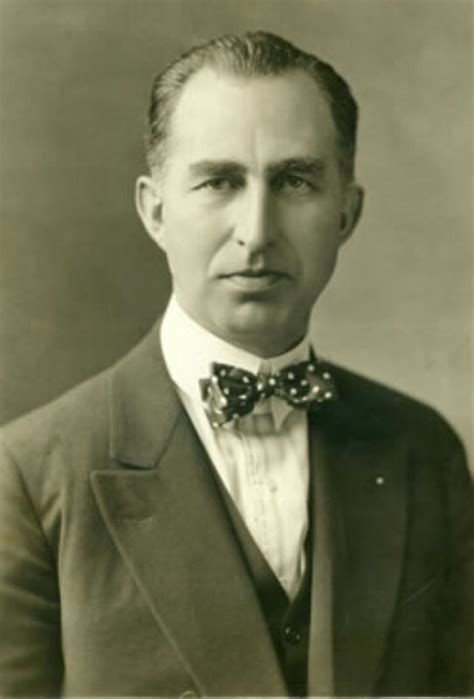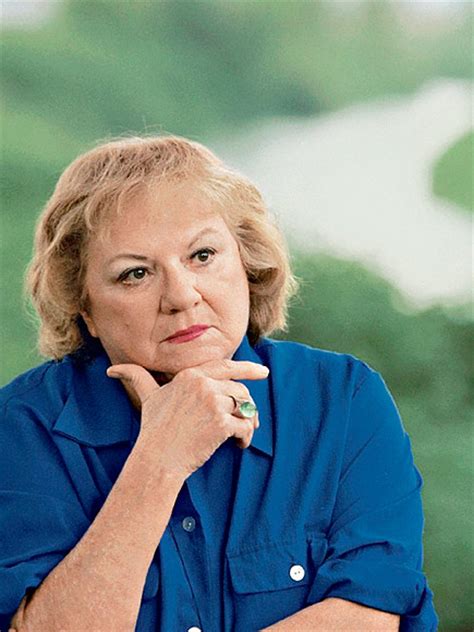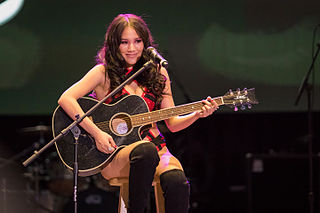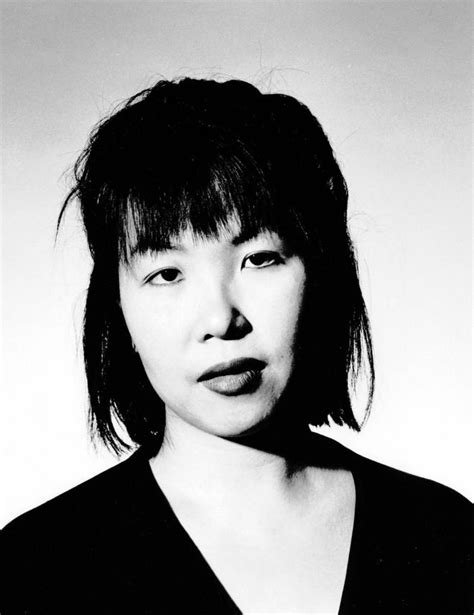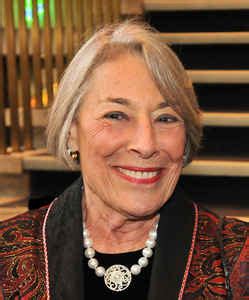Top 1200 Writing A Book Quotes & Sayings
Explore popular Writing A Book quotes.
Last updated on April 14, 2025.
For me, a lot of Discipline was very personal writing, like writing through and working out being inside this gendered body and also the compulsions of the body, the muting of the mind as driven by the body. My father had died some years ago so he haunts the book too, just floats through it ghost-like. But, the writing of every book is different for me. They are so like living creatures, these books, so I don't know what's carried over into the writing of the next things - except maybe that I'm best when I make my writing practice a routine.
When I was first writing 'Feed' - which was the first book I published as Mira - I talked about it very openly on my blog, on Twitter, that I was writing this book, and it wasn't until after it was sold that I said 'Mira Grant' wrote this book. And the reason there was really purely marketing-based.
About a year after (my stories began being published), magazine editor George Scithers, suggested to me that since I was so new at being published, I must be very close to what I had to learn to move from fooling around with writing to actually producing professional stories. There are a lot of aspiring writers out there who would like to know just that. Write that book.SFWW-I is that book. It's the book I was looking for when I first started writing fiction.
The process for writing a picture book is completely different from the process of writing a chapter book or novel. For one thing, most of my picture books rhyme. Also, when I write a picture book I'm always thinking about the role the pictures will play in the telling of the story. It can take me several months to write a picture book, but it takes me several years to write a novel.
Finding yourself in a hole, at the bottom of a hole, in almost total solitude, and discovering that only writing can save you. To be without the slightest subject for a book, the slightest idea for a book, is to find yourself, once again, before a book. A vast emptiness. A possible book. Before nothing. Before something like living, naked writing, like something terrible, terrible to overcome.
It's insane to be a writer and not be a reader. When I'm writing I'm more likely to be reading four or five books at once, just in bits and pieces rather than subjecting myself to a really brilliant book and thinking, "Well what's the point of me writing anything?" I'm more likely to read a book through when I take a break from writing.
If you think reading a book is hard, you should try writing one. Because it's even harder. It's still not as hard as writing a game, though. If you discount the purely visual pop-up parts, a book is made almost entirely of words. As a novelist, you just need to think of a few decent strings of words and then fill the other 98% of the book with more or less random descriptions of things and exclamation points.
In my twenties, it was so important for me to show people I had all these other books and these other sorts of writing in me, .. A lot of authors, if their first book is a success, they're terrified to write a second one. But in my case, since the first book wasn't considered a literary book, I was really determined to show people I could do other types of writing.
The whole thing of working in all these different mediums, it's just so that I can always be playing hooky from one of them. I can always be rebelling against my boss. Like, I'm supposed to be writing this book, but - heh heh heh - I'm writing a movie, secretly. I'm procrastinating, and in my off-hours I'm working on this movie that I'm not allowed to do, because I'm supposed to be writing a book!
Movies are definitely more fun because there are so many different seasons in a movie. It is exciting to be drafting together. Writing a book is very hard, it's like writing 15 college term papers in a row, and you are just like, "when is going to end?" You can communicate so much more when you are writing a book, and you can go so much deeper.
Writing, for me, when I'm writing in the first-person, is like a form of acting. So as I'm writing, the character or self I'm writing about and my whole self - when I began the book - become entwined. It's soon hard to tell them apart. The voice I'm trying to explore directs my own perceptions and thoughts.
Generally I start writing when I have even the smallest idea of how a book is going to go, because the physical process of writing itself keeps the mind active and focused on the job at hand. Usually I write in about 5 drafts, but that simply means there are 5 definite times when I go in a linear fashion from the beginning to the end of the book.
I came out with a book called The True Secret of Writing: Connecting Life with Language. It's a book that describes how writing is a practice and how my teaching is part of that practice. I direct the writing and create books but underneath, there's always the river of practice happening. No good, no bad. Just do it.
For many years I wanted to be a rock star but of course that didn't work out. I did however write on napkins and pieces of paper sentences and occurrences. I decided maybe I should write a book because I had been writing so much. I'm actually writing a book based on The Room that will hopefully be published soon.
I began writing books after speaking for several years and I realize that when you have a written book people think that you're smarter than you really are if I can joke. But it's interesting. People will buy your book and hire you without reading the book just because you have a book and you have a book on a subject that they think is of interest to themselves or e to their company.
By Cunning & Craft is a masterpiece of writing about writing. If, like Scheherazade, you had to spin out a story under threat of death, this is the how-to book to read. It's filled with thoughtful, nuanced advice from a teacher/writer who actually writes, and writes beautifully and with great humor. The list of rejected stories is worth the price of the whole book.
The process of writing a book is infinitely more important than the book that is completed as a result of the writing, let alone the success or failure that book may have after it is written . . . the book is merely a symbol of the writing. In writing the book, I am living. I am growing. I am tapping myself. I am changing. The process is the product.
My books are based on the "what if" principle. "What if you became invisible?" or "What if you did change into your mother for one day?" I then take it from there. Each book takes several months in the long process of writing, rewriting, writing, rewriting, and each has its own set of problems. The one thing I dislike about the writing process is the sometimes-loneliness of it all. Readers only get to see the glamour part of a bound book, not some of the agonizing moments one has while constructing it.







